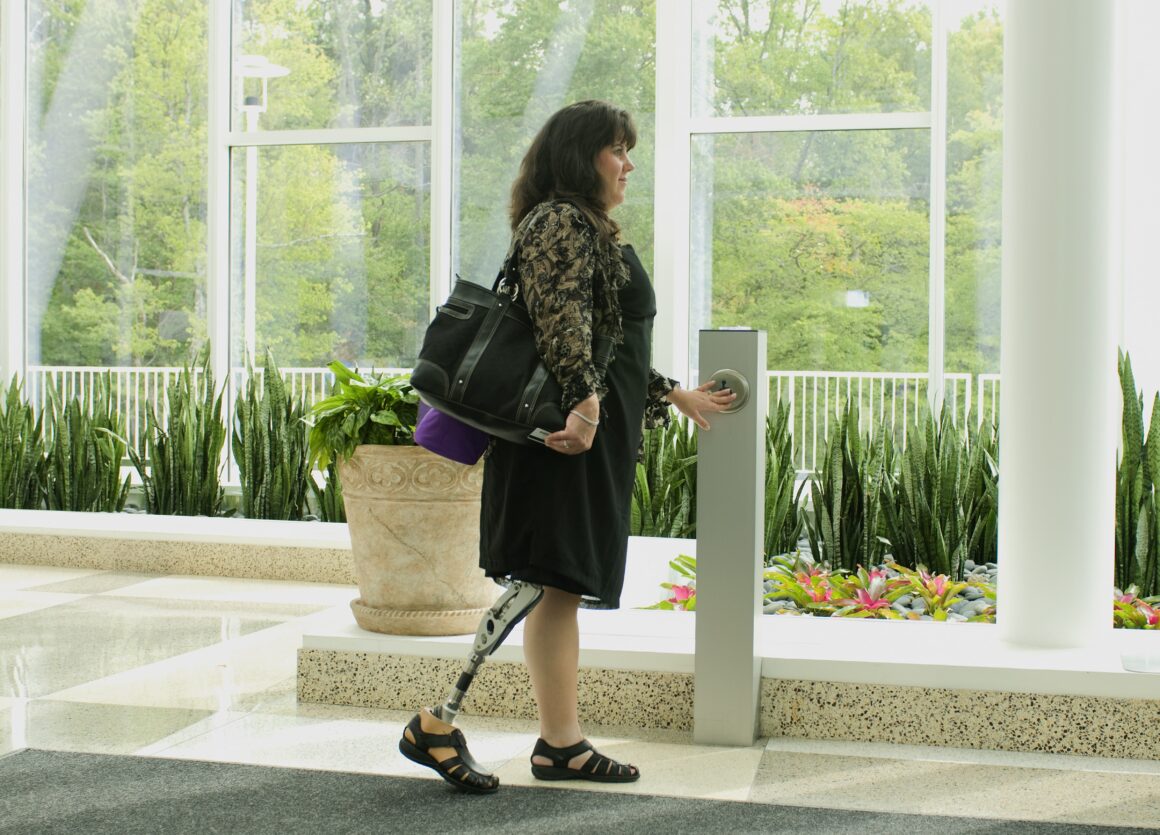
Tips for living well with a disability
It is no longer Disability Pride Month, but we still want to live our best lives so here are some tips for living well with a disability.
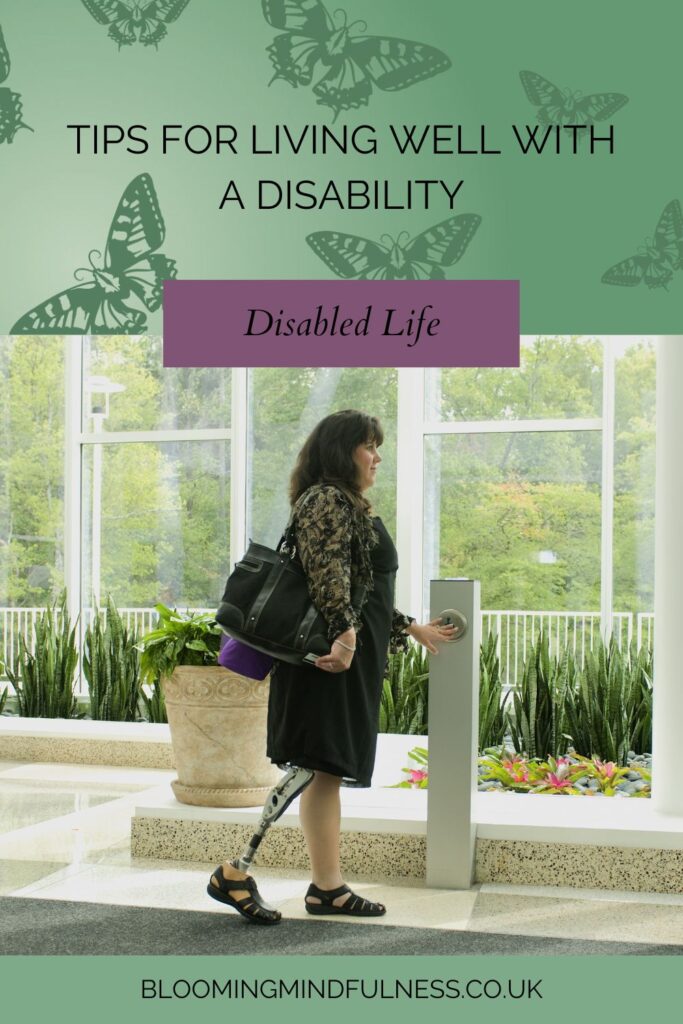
Image description: a white woman is seen in a dress, her prosthetic leg is seen as she walks and pushes a button to open a door
Disability Pride Month is an important month for raising awareness and protesting for societal change. It is something I do my best with, but often struggle with just because of the title of pride, I feel the same about the LBGTQ+ pride month.
Pride can be so hard to find when society around you seems determined to make your life seem disposable because of this one thing about you. The world around us is not made for our disabled needs, laws and often things people say can reinforce shame.
However, no matter who we are sexually attracted to, our gender, or if we are disabled we are worth the time and effort to have an incredible life. That is personally how I live with pride as a pansexual disabled woman, so here are some tips for living well with a disability.
Living well with a disability
- Change the attitude – I often notice people staring when I use my mobility aids, or I get comments when I am out and about. At first these interactions would leave me feeling uncomfortable and it made me want to hide away. Then I changed my attitude, if people are going to look why not smile? I also started to wear vintage fashion which gives people something positive, and if someone makes a comment I try to use it as a teaching moment. Changing my attitude and assumptions I was making behind the stares really has given me more pride when I am going out.
- Accept help – This can be so hard to do, especially if you have become disabled later in life. However, asking for help from those around us can really bring you closer if you have supportive family and friends. As well as this, knowing what benefits are available, asking to see occupational therapists and physiotherapists can greatly improve your quality of life. They can help with beds, walking aids, stair lifts etc that can really bring more independence and make life easier.
- Hobbies – A big part of life is finding things that bring joy and happiness into our lives, and sometimes disability takes that away. I used to love long walks, I would walk miles every day instead of taking the bus but when I got sick I had to find other things. You could learn a new language, start learning an art skill, start crafting maybe? Whatever it is, finding new hobbies can be such a big part of using our time in a positive way, especially if you are unable to keep working.
- Find your community – When I got sick I soon found out that the friends I had didn’t want to stick around, and my family struggled to understand what I was going through. I started looking online for people who were in the same situation I was in, facebook is full of groups for so many different illnesses and disabilities. There are forums, youtubers, discord servers (My Patreon donators get to be in my discord server), bloggers like me… there are even local in person groups so ask around there is something for everyone. Finding a community of people with the same illness or experience as you in so useful for tips and information on equipment and benefits and just for some advice.
- Find self acceptance – this can be so difficult, grief of a life you wanted or imagined and accepting diagnosis is never easy. But accepting where you are and what you have is so important to finding happiness. This is something that takes time, and if you are struggling with it talk to your doctor about it and don’t be afraid to ask for help. You cannot live your best life while ignoring a part of yourself, or hating a part of yourself. Finding acceptance is life changing, and can take time you don’t have to pretend to be happy, or hide how you feel, it isn’t about toxic positivity. This is about really accepting your reality and finding ways to grieve and go through those emotions so you can reach a place of real acceptance.
- Learn about your illness – learning about your illness is empowering, it will help you to know what to expect. It also allows you to speak with authority to medical professionals and to be your own best advocate. Not all medical professionals believe all patients, or even believe all illnesses exist so having research and knowledge allows you to stand up for yourself.
- Embrace equipment that helps – This one is never easy, but if you need a walking stick, a guide dog, stair lift, or whatever it is embrace it. If it makes your life easier don’t struggle just because you feel like other people won’t accept those things. Embrace whatever you need to make your life better and if anyone makes a comment go back and read my first point… change the attitude and use it as a chance to teach.
- Set realistic goals – Now we live in a world that loves to set crazy goals and then work over the top to achieve them. But if you live with disabilities and illnesses then you cannot do that, but we still have things we want to achieve in life. Whether it is a cleaning regimen, an exercise routine or a goal with your illness, start small! Break big goals into smaller steps and be patient, you will get there it just might take you a little longer than you realise, so listen to your body and stop comparing yourself to others especially to people who do not have any health issues.
- Focus on your health – Living your best life has a lot to do with being as healthy as possible. Your healthy might not look the same as some TV show or what society tells us, but the steps to get there are the same. Eating well is a big thing, and many health issues have diets that can help so ask to speak to a dietician or ask in those online communities for advice. Exercise is also important, you might not be able to do a crazy workout, but I do have a playlist of so many accessible workouts that will help you find a seated workout, or there are even some you can do in bed! Drink plenty of water, get some fresh air, improve your quality of sleep… your way there might look different but health is so important for everyone.
These tips for living well with disability can be empowering, difficult, and might push you to face some things you need to face. Our own feelings about disability, frustrations, impatience and others can be hard to feel but the other side of them will help you to have a better life.
I really hope this post helps you, especially as we come out of Disability Pride Month which can kick up a lot of difficult emotions. Let me know if you have any other tips for living well with disability in the comments.
Thank you xx


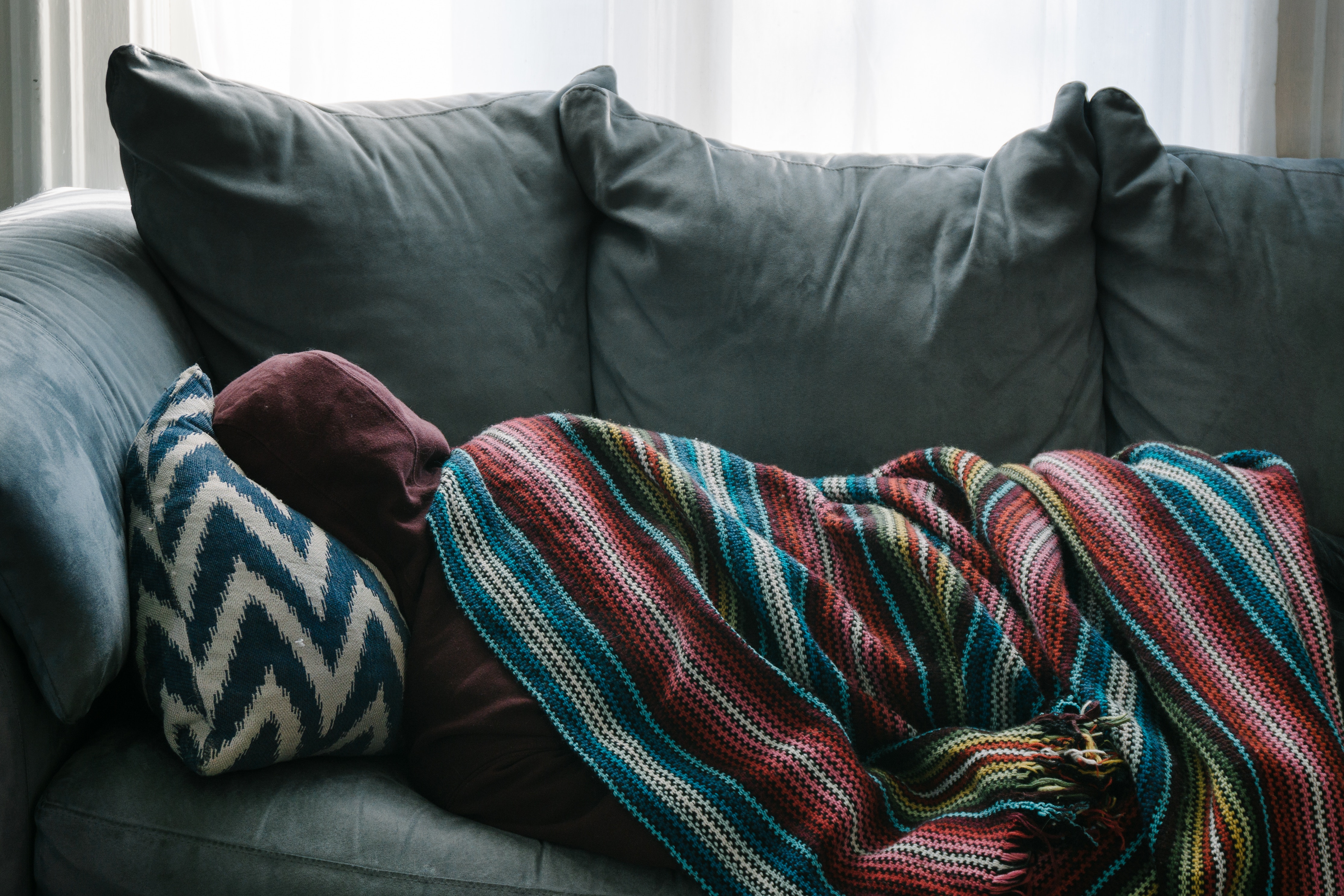
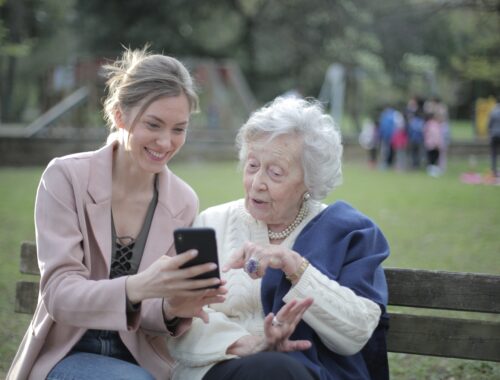
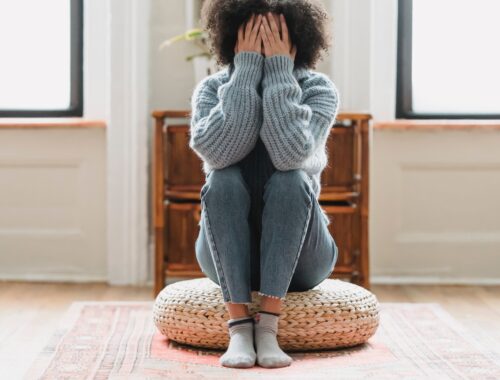
2 Comments
Kaz
Thank you, definitely a good reminder for me. Rest breaks are important as your body needs time to recover after doing something. Or when a big task needs to be broken into small chunks with rest stops. This is how I manage my fatigue (when I don’t I need a few days to recover which isn’t great).
BeverleyButterfly
Yes rest is so important between tasks xx